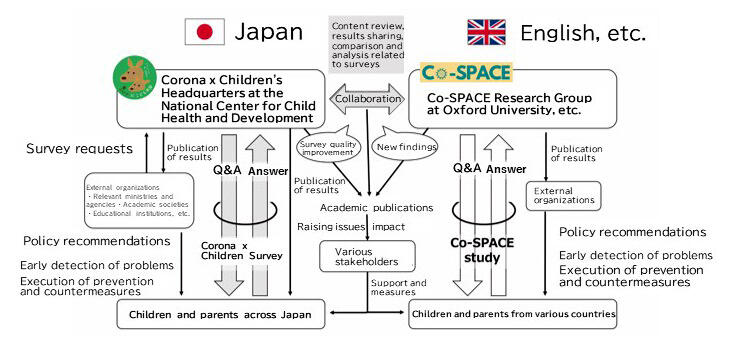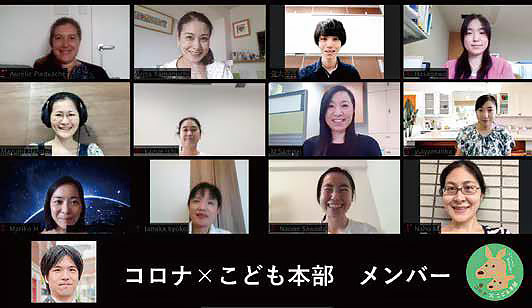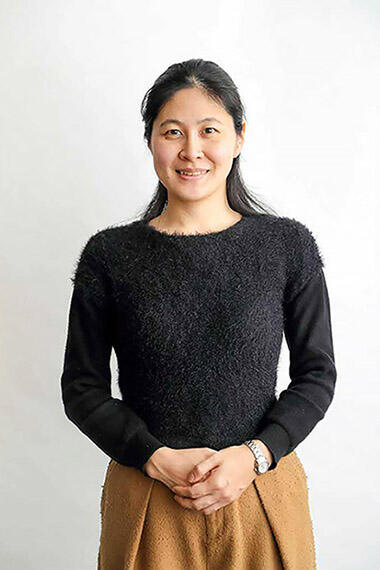The environment in which children find themselves has changed drastically under the COVID-19 pandemic. Concerned about the effects of those changes, Dr. Naho Morisaki and her research team are implementing the Corona x Children Survey for children between the ages of 7 and 17, and parents of children under 17. Emphasizing why the survey is important, Dr. Morisaki explains, "It is the adults who decide when schools close and when they reopen. And that is precisely why it is important to listen to the children and share their voices." Her purpose is to communicate the situation that the children find themselves in to assist organizations that work with them, such as educational and childcare facilities.
The priority in Japan under the pandemic has been the elderly and those with preexisting conditions who are prone to developing serious illness. This priority gave Dr. Morisaki, who had been studying the effects of the nurturing environment on child growth and development, a growing sense of crisis. She reflects, "Along with colleagues who had experience running surveys after the Great East Japan Earthquake, we felt that we had to get society to pay attention to the children."
Dr. Morisaki, together with other volunteer researchers and pediatricians who had similar concerns and intentions, conducted the first questionnaire survey at the end of April. The results of the survey demonstrated that symptoms of acute stress were already occurring, such as "unable to concentrate" and "easily become irritated." Feeling a need for continued research, the research group decided to apply to J-RAPID for funding.
The research team, led by Polly Waites, an honorary consultant clinical psychologist at Oxford University in the U.K., began a survey on children's mental health in March, and is collaborating with countries throughout the world, including those in the Middle East and Africa. Dr. Morisaki explains, "This is the first time the future is so unclear on a global scale, and there is no established survey methodology to deal with it. Accordingly, we are working together to find the right way to structure the questions."
The research team began carrying out the second questionnaire survey in June, around the time they were approved for J-RAPID. Morisaki noted, "This was about the time that schools were reopening, so we added a question, 'Although many things have changed under the pandemic, do you think that the children's feelings or opinions were reflected in the decisions related to the changes?'" The team made a special effort not to pose leading questions, to structure the survey to allow the respondents to learn something in the process, and to include specific steps that parental guardians could adopt right away. For example, Dr. Morisaki explains, "I built in opportunities to empathize with the feelings expressed by the children, without rejecting them, by affirming that they had those feelings." Another example is the inclusion of a four panel cartoon to highlight latent discrimination after a question on whether the respondent would want to keep it secret if they were infected with COVID-19.
Reports have also been compiled separately for families and organizations such as educational and childcare facilities in order to communicate the message that is most relevant to each. The results of the surveys are viewable online, including messages from children to adults, such as "Mom, please sit down and listen to me," "I want to join COVID-19 countermeasures at school," and "It's not right that we only do what we are told."
Dr. Morisaki intends to continue to get society to listen to children, saying, we want to contribute to changing our society to one in which the voices of children are reflected.



Director, Department of Social Medicine, National Center for Child Health and Development (NCCHD)
[Principal Investigator of the U.K. research team: Polly Waites, Honorary Consultant Clinical Psychologist, University of Oxford ]




